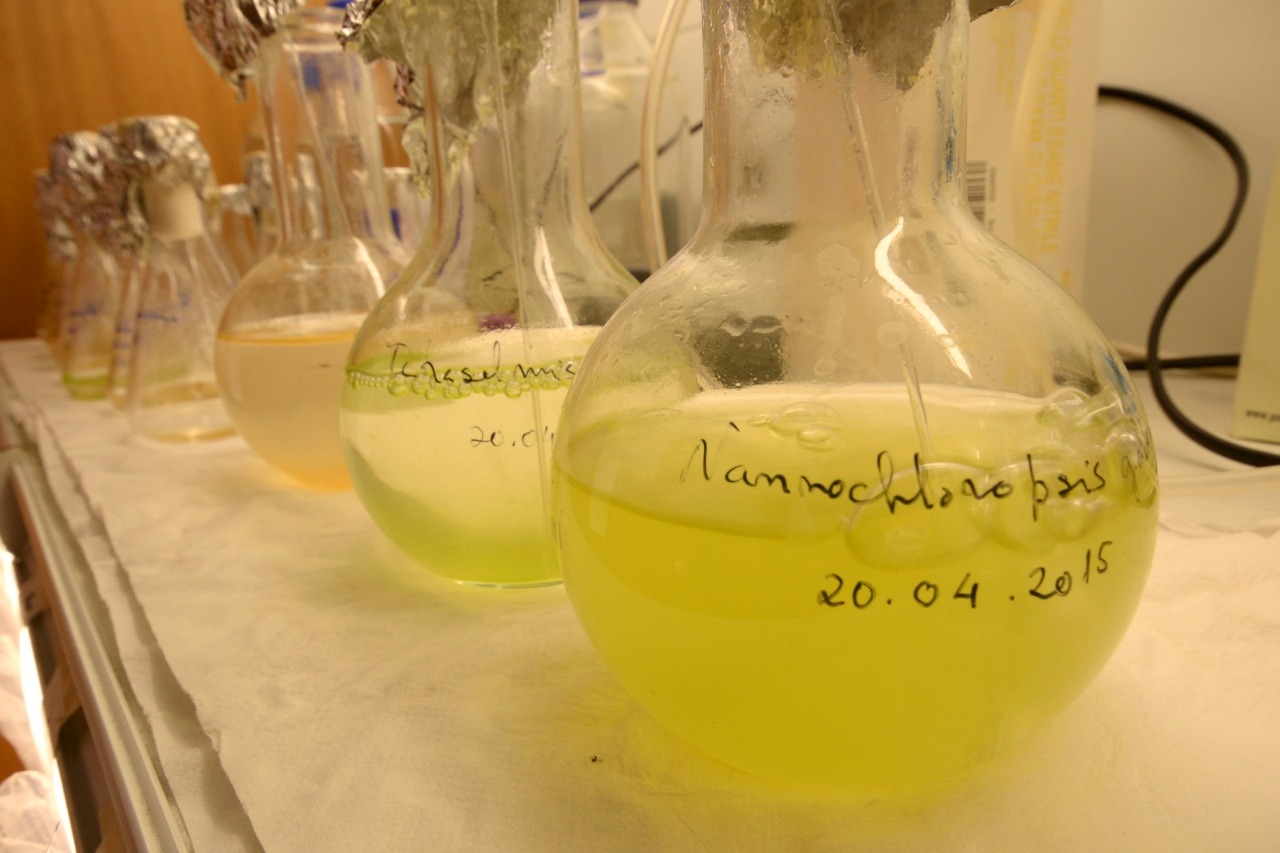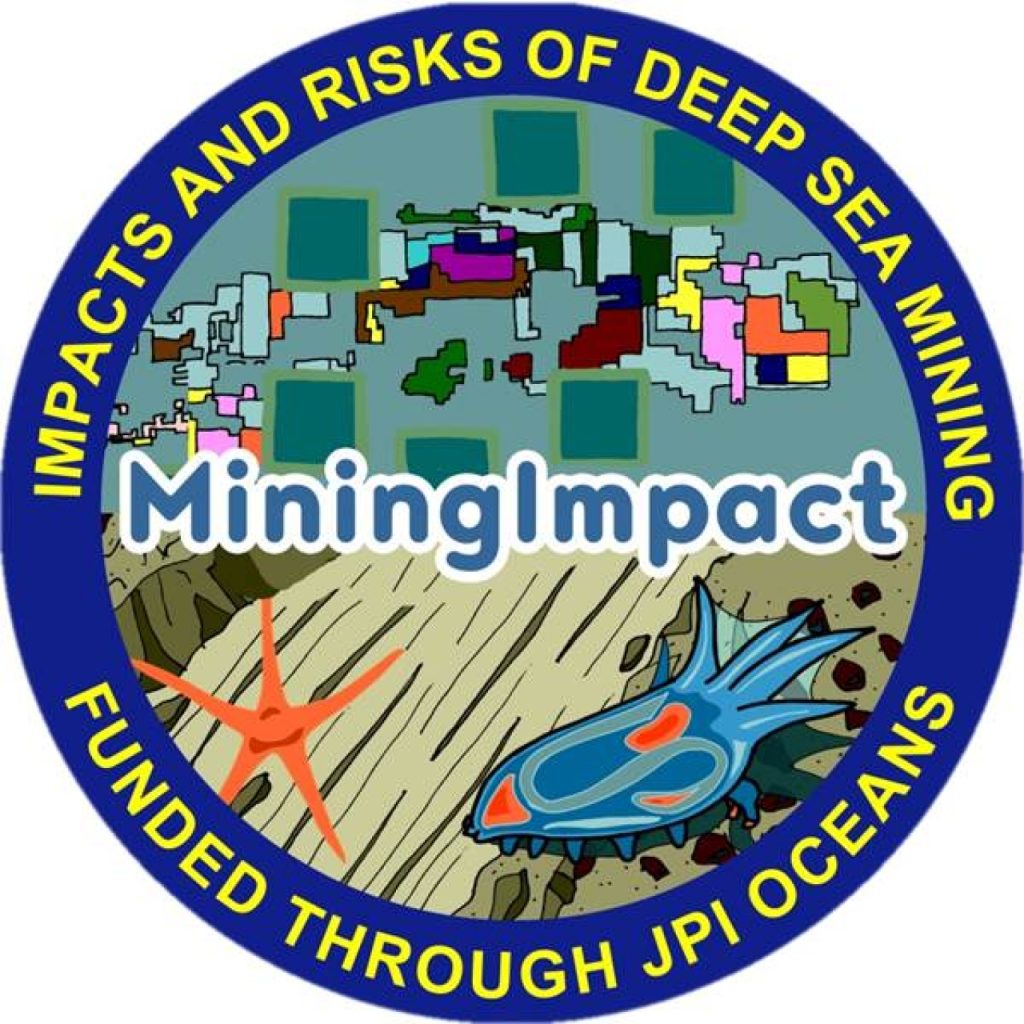

Investigador
Ana Couto é Investigadora Auxiliar no grupo de Nutrição e Bem-estar de Peixes do CIIMAR. Obteve a licenciatura em Biologia na Universidade de Aveiro (2004) e o doutoramento em Biologia na Universidade do Porto (2014). A sua investigação foca-se na nutrição de peixes de aquacultura, particularmente no efeito das dietas na morfologia intestinal, fisiologia digestiva e saúde dos peixes. Tem como principais objetivos desenvolver dietas sustentáveis que promovam a saúde dos peixes de aquacultura e implementar métodos de diagnóstico para patologias nutricionais e monitorização de saúde animal. Ana é autora de 50+ publicações em revistas internacionais com revisão por pares.
EQUIPAS DE INVESTIGAÇÃO:
Nutrição e Bem-estar dos Peixes









